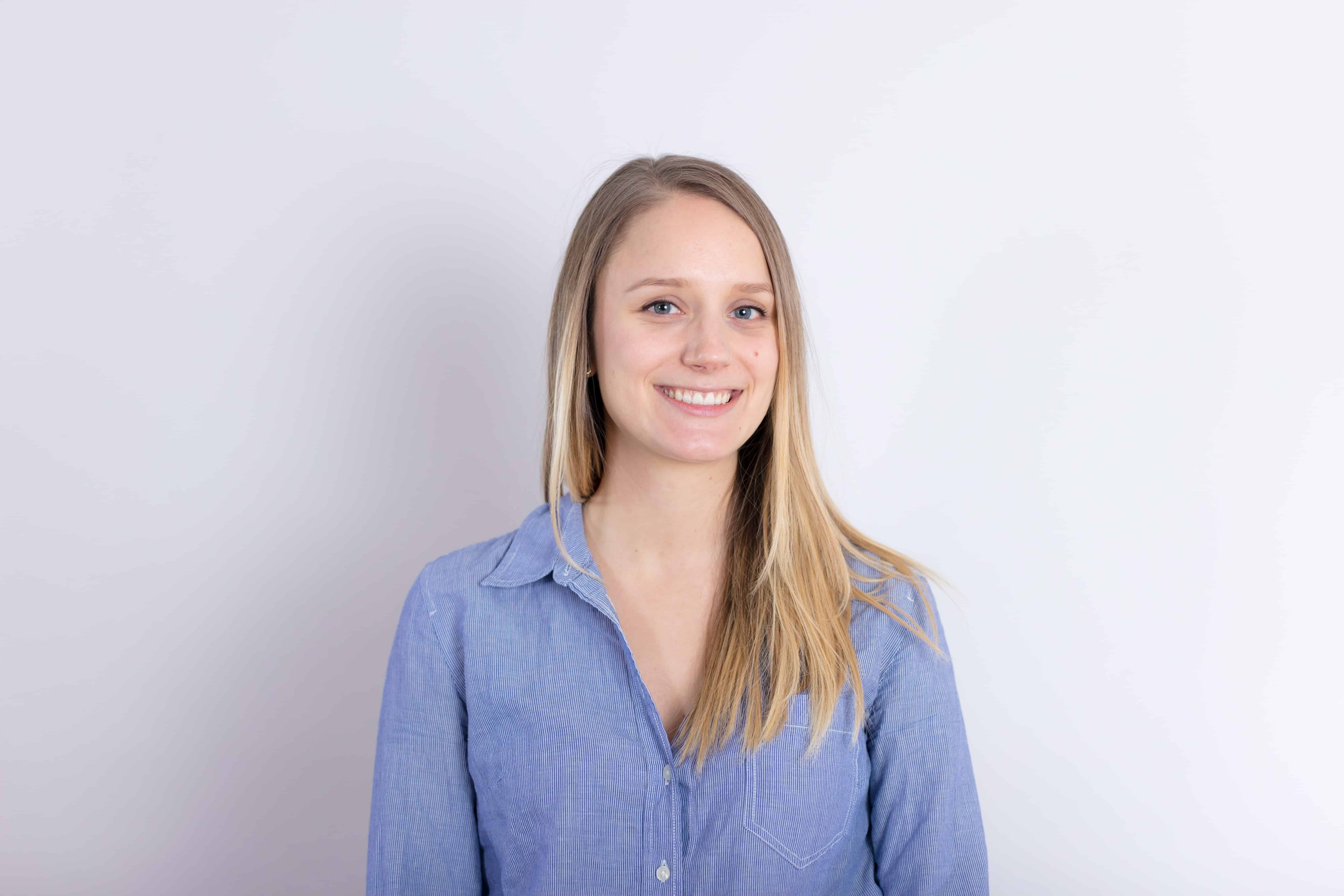If there was ever a golden era of newspaper journalism, this isn’t it. Mainstream media is stuck playing catch-up with the Internet, as readers that once subscribed to one or two trusted newspapers delivered to their doors now look first to the dizzying array of online news sources for their information. Today’s news organizations face steep competition from online sites, blogs, social media, and even fake news publishers — few of which hold themselves to the same journalistic standards as established newspaper brands.
But it isn’t all bad news — at least not for the Canadian media. A recent poll by the Reuters Institute for the Study of Journalism found that Canadians trust their news organizations more than other countries. The news is especially good for long-circulating publications like The Varsity, since established news brands continue to be most trusted by readers.
But Canadian newspapers should also be vigilant. They need only look to their neighbours to the south — where in the most recent election, the mainstream media was both ignored by large segments of American voters and oblivious to the depth of President-elect Donald Trump’s support — to see how wide the gap between the media and the public can grow.
As The Varsity’s new (and first) Public Editor, it is my job to ensure the gap between the newspaper’s readers and its journalists doesn’t become too wide. Readers — I am here to hold the newspaper accountable for its promise to you, found in The Varsity’s Code of Journalistic Ethics, to report the news comprehensively, accurately, and fairly at all times.
As the University of Toronto’s student newspaper, The Varsity caters to a more tailored audience than other media sources, but it holds itself to the same journalistic standards as other publications — and for good reason. As is true of the stories covered by other publications, campus events — from the Jordan Peterson controversy to the surfacing of videos documenting Islamophobic behaviour at a party attended by St. Michael’s College Student Union representatives — regularly touch on deep-seated debates in Canadian society, and provoke passionate responses. It is in these circumstances, where journalists can find it most difficult to maintain balance, that readers most expect it. In appointing a public editor who is free to criticize the newspaper at times like these, The Varsity demonstrates its commitment to readers to adhere to the highest standard of journalism at all times – not just when it is easy.
As Public Editor, ensuring The Varsity’s reporting is fair and accurate means taking readers’ concerns seriously, investigating them thoroughly, and reporting back to readers with an appropriate response in my columns. It does not mean the reader is always right. As Slate journalist Isaac Chotiner writes, “there is a difference between giving readers what they want and ensuring that readers receive the best news coverage possible.” As public editor, it is my job to make sure The Varsity always strives for the latter.
Here at The Varsity, we are all new to the position of public editor. There will be a learning curve, but I can’t wait to get started. I hope you will reach out to me at
[email protected] with your questions and concerns. Remember: the more challenging your criticisms of the newspaper are, the more effective I can be as your Public Editor. As someone who helps teach University of Toronto undergraduates, The Varsity’s core readership, I have no doubt you are up to this task.
Together we can make sure The Varsity maintains your trust, and continues to provide you the highest standard of news coverage possible.
— Sophie Borwein, Public Editor


